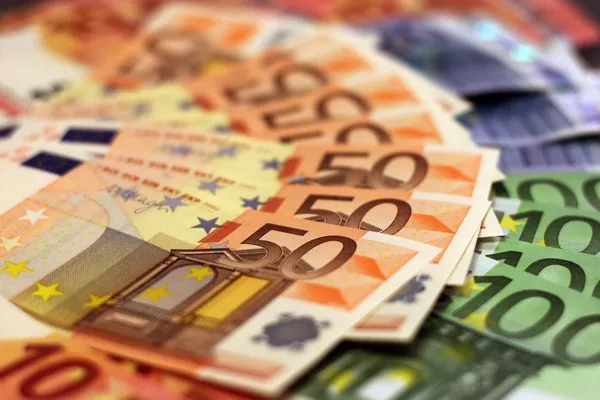When traveling to Europe, one of the essential tasks for international travelers is exchanging currency. Navigating through various cities and countries can be overwhelming when it comes to finding the best places to exchange your money. This comprehensive guide aims to provide valuable insights and recommendations on where to exchange currency in Europe, ensuring you get the most favorable rates and convenient services during your trip.
1. Banks:
Banks are a reliable option for currency exchange in Europe. Most major cities have numerous bank branches that offer foreign exchange services. Banks generally provide competitive exchange rates and a secure environment for exchanging currency. However, keep in mind that banks often charge higher fees and commissions compared to other options.
2. Local Currency Exchange Offices:
Local currency exchange offices, also known as bureaux de change or exchange booths, are widespread throughout Europe. These establishments specialize in currency exchange, offering competitive rates and efficient service. Look for reputable exchange offices located in central areas or tourist hotspots. Be cautious about hidden fees or scams by choosing well-established and licensed exchange providers.
3. Airports and Train Stations:
While airports and train stations offer convenience, they are not the most cost-effective places for currency exchange. These locations tend to have higher fees and less favorable exchange rates due to their premium location and limited competition. If possible, exchange only a small amount of currency at airports or train stations to cover immediate expenses and seek better alternatives once you reach your destination.
4. ATMs:
Using ATMs to withdraw local currency is a convenient option for many travelers. European countries generally have a wide network of ATMs that accept international debit and credit cards. However, it’s important to check with your bank regarding any foreign transaction fees or ATM withdrawal charges. Always use ATMs located inside reputable banks to ensure safety and security.
5. Online Currency Exchanges:
In recent years, online currency exchanges have gained popularity among travelers. These platforms allow you to pre-order foreign currency online and have it delivered to your home or pick it up at designated locations. Online exchanges often offer competitive rates, convenient ordering processes, and secure transactions. Research reputable online currency exchange providers before making a transaction.
6. Peer-to-Peer Currency Exchange:
Peer-to-peer currency exchange platforms enable individuals to exchange currency directly with each other, cutting out traditional intermediaries. These services can offer favorable rates and lower fees compared to banks or exchange offices. However, exercise caution when using peer-to-peer platforms and ensure the legitimacy and safety of the transaction.
7. Credit Cards:
Credit cards are widely accepted in Europe, making them a convenient option for transactions. Many credit cards offer competitive exchange rates and may provide additional benefits such as travel insurance or rewards programs. However, be aware of any foreign transaction fees and always inform your credit card provider about your travel plans to avoid potential issues with blocked transactions.
Conclusion:
Exchanging currency is an important aspect of international travel, and finding the most suitable options in Europe can save you time and money. Consider factors such as exchange rates, fees, convenience, and safety when choosing where to exchange currency. By utilizing this comprehensive guide, you can make informed decisions and ensure a smooth experience during your European adventure. Remember to plan ahead, research reputable providers, and keep track of exchange rates to optimize your currency exchange process.


